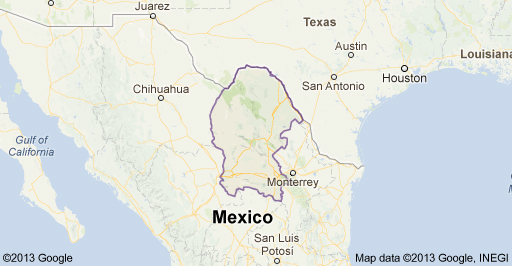There’s a positive review of Clean Break in the current issue of The Washington Spectator (reviewed by Kate Gordon, Vice President and Director of Energy & Climate at Next Generation).
Gordon raises an issue I didn’t directly address in the book: The potential effect if inexpensive natural gas becomes available to Germany through newly discovered deposits in Poland.
“If it’s cheap and plentiful enough,” Gordon warns, “natural gas can undermine the renewable-energy sector just as it’s getting off the ground.”
She raises an interesting issue. And while I don’t have a definitive answer, I do have a couple of first-thoughts about this. German’s renewable-energy industry is well-established and enjoys broad political support — unlike its U.S. counterpart. That support, and the fact that the economic benefits of renewables are spread throughout German society, may protect the sector from a flood of cheap gas.
Also unlike in the U.S., the EU has a carbon permit trading program. The system is flawed, but there is pressure to make the cost of emitting carbon conform better to the economic and social consequences of climate change. Will that be enough to stop a surge in artificially cheap natural gas? I don’t know and Gordon’s point deserves serious consideration.
The U.S. suffers from climate-denial disorder. Fortunately, it hasn’t gone viral—or global. Osha Gray Davidson’s refreshing Clean Break: The Story of Germany’s Energy Transformation and What Americans Can Learn From It tells the story of how one rich country has committed to transforming its economy into one powered by low-carbon renewable technologies.

